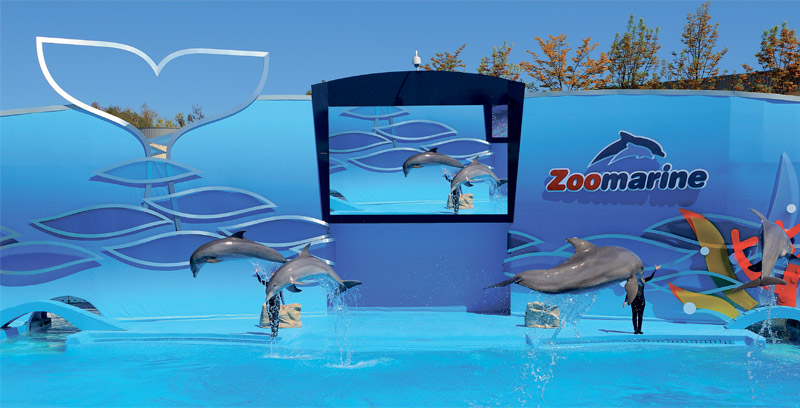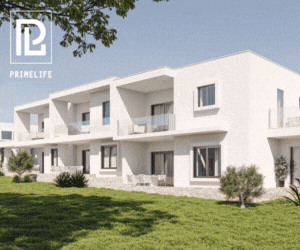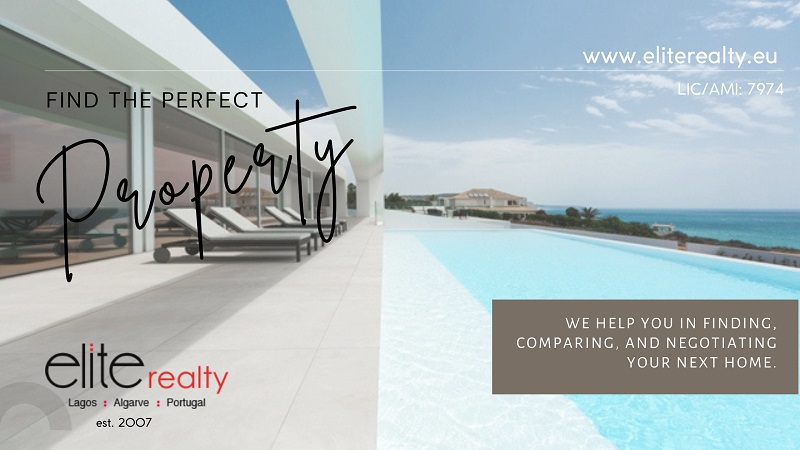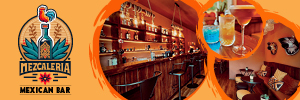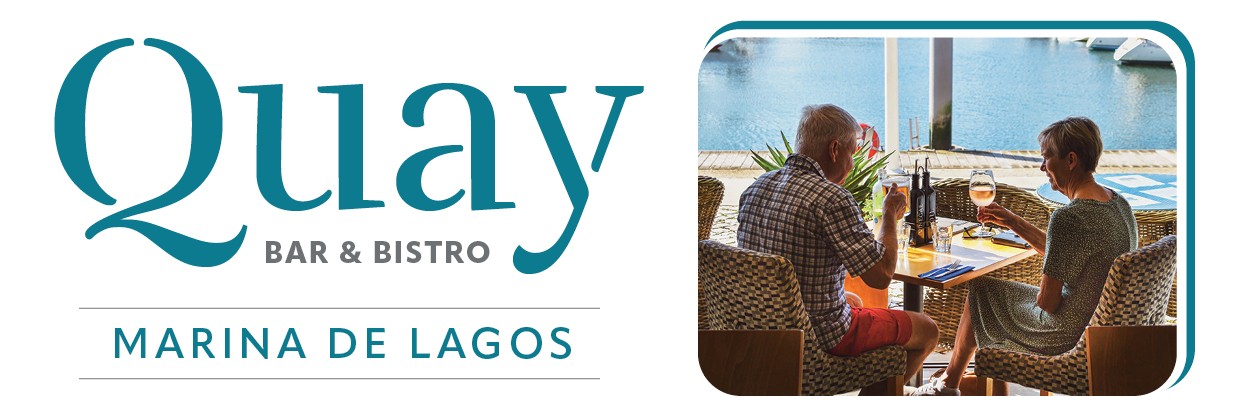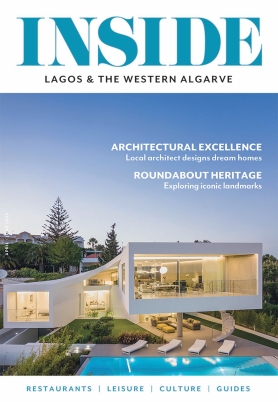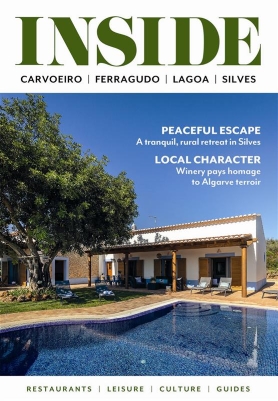A look at the history of Zoomarine with its founder
In 1991 Portuguese-Argentinean businessman, Pedro Lavia, opened the doors to what has been his lifelong dream and an absolutely innovative project in Portugal and a defining element in the Algarve: Zoomarine.
Boasting a haul of tourism and scientific awards, the team was the first to introduce dolphins to the country and, in 2002, opened the first marine species rehabilitation centre in Portugal, Porto d’Abrigo.
Pedro Lavia has worked with dolphins for 45 years, still retains his South American accent, and talks in detail about what happens behind the scenes at the park. He is an entrepreneur who is quick to laugh and a much-loved man among his employees. We managed to find out why.
When you opened Zoomarine’s doors in 1991, was this where you hoped you would be down the line?
Yes, and I can only thank God and my family and all my employees that brought us to this point. I think that we have greatly exceeded expectations, especially as there was no other project like it. The original idea was to create a park like SeaWorld [in the USA], but we found ourselves adding mechanical attractions and, because of the intense heat of summer, we had to add swimming pools, because the tourists who come here are looking for sun and beach holidays. This ended up changing the format of the project. I am very happy with what we have achieved, but it was thanks to the human capital we have here, our highly dedicated and professional staff, in addition to the magic of our animals and respective shows.
Tell us a little about your working life. You have been involved in theme parks for 45 years.
I am Argentinean by birth, Italian by blood – through my grandparents – and I am Portuguese out of conviction. I have Portuguese nationality and I came here in 1988 from Brazil with my wife and children, two of which are Brazilian. I am an engineer and, in 1969, there was an international sea exhibition in Buenos Aires, with the first presentation of dolphins in the country. It was extraordinary because nobody there had ever seen dolphins before. I became a partner of the Americans from this project and I started this life: I worked throughout Latin America, initially only with dolphins, always with the satisfaction that I was introducing them to people for the first time. Back then, many people still thought that dolphins were fish. We were responsible for changing public opinion of dolphins. Educating people is very important and I am proud of the fact that the first dolphins people ever saw in Latin America were mine. The same thing happened in
Portugal, when I arrived here to present dolphins from Miami.
How can a park such as Zoomarine educate the public?
Introducing them to animals, ecosystems. We do it in a fun way, which is more effective, because people learn through the shows. We have an education department, which not only provides training to schools, but also to the public. We are also committed to research; we work with some universities, developing scientific projects and master’s degrees, such as, for example, in the area of reproduction, which is very important, and more. Every animal we have has come to us from other zoos or was born here and we are very proud of this. Just as we take great pride in our close ties with the University of the Algarve, with which we signed our first cooperation agreement back in 1990, before the park had opened to the public.
In your opinion, what impact has Zoomarine had in Portugal?
We’re proud of being pioneers, but we didn’t invent a thing.
We followed many of the models of Disney and of SeaWorld: this project was created while watching others, but while developing our own identity. We are proud to be the tenth best theme park in Europe [in TripAdvisor’s rankings], but we’re really small. The park in first place has 15 million annual visitors, while we only have 500 thousand. We have given the public what they would have liked to have when visiting a park.
We have great food, sun, staff members that speak an unrivalled number of languages. The feedback we hope tourists give in their home countries is that they had an enjoyable day, in an excellent country, where they were treated well by everyone, in a happy, secure and friendly manner.
You say that you are Portuguese out of conviction.
What do you still love about the Algarve?
It’s my home, my friends, my house, my dream. This park is my dream; it is the land of my children. The Algarve is a paradise. There is no other place with so many nationalities in which I have wanted to live other than the Algarve, for its quality of life, for its climate, its food, security and environmental quality. This place gave me the opportunity to make my dream come true and I am also proud to be recognised. We were awarded the PME Excelência 2015 prize, by IAPMEI and the Portuguese Tourist Board, which was a great accolade.
Zoomarine is open from 10am until 7.30pm, 7 days a week. www.zoomarine.pt
Text: Ana Tavares
Cover photo: Hélio Ramos

